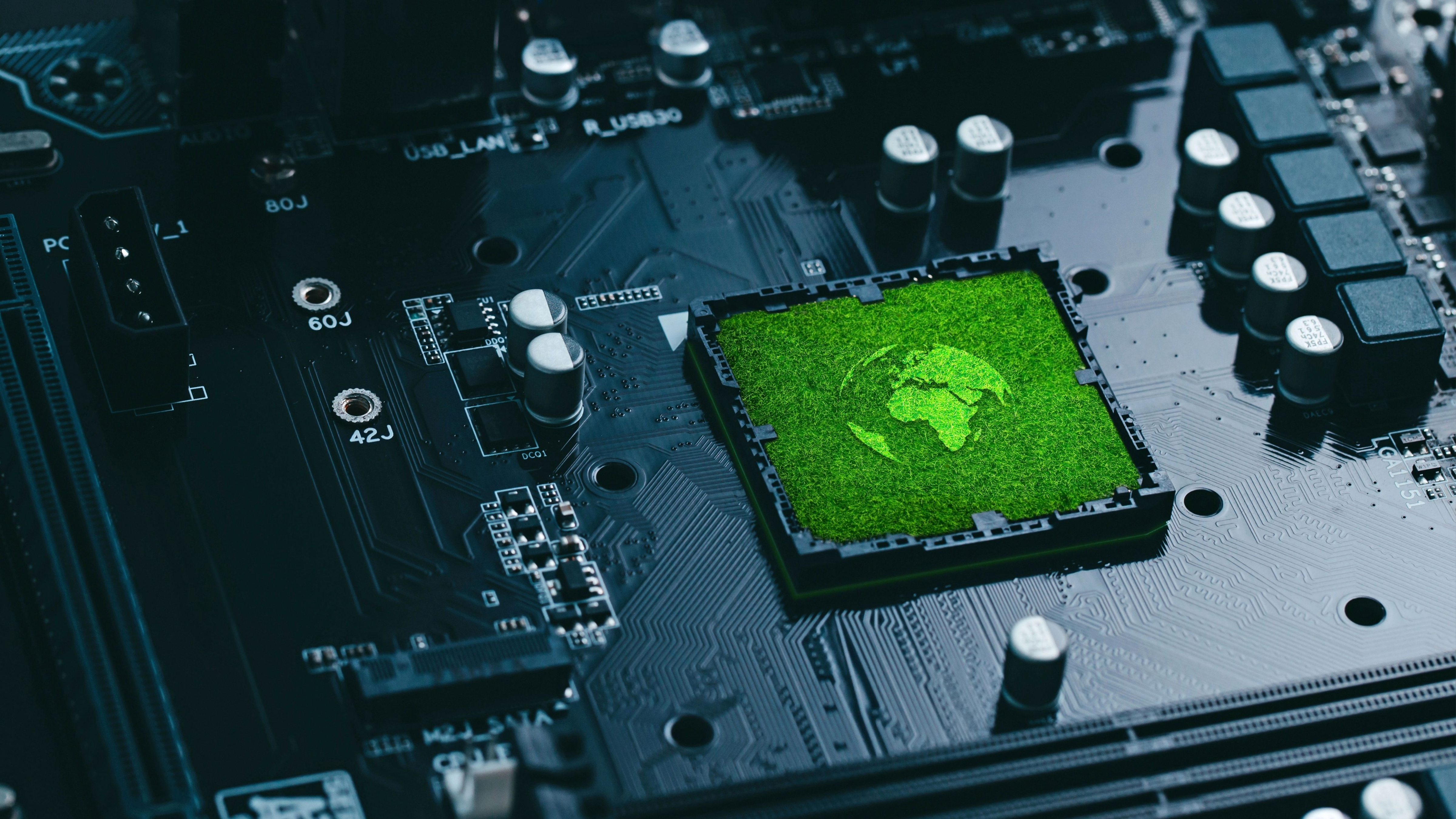Enter now: nominate your Sustainability Heroes in this year’s TechRadar Choice Awards
Championing sustainability in consumer tech

Sign up for breaking news, reviews, opinion, top tech deals, and more.
You are now subscribed
Your newsletter sign-up was successful
This article is part of a series of sustainability-themed articles we're running to observe Earth Day 2024 and promote more sustainable practices. Check out all of our Sustainability Week 2024 content.
The nominations for the TechRadar Choice Sustainability Hero awards are now open.
We’ll be accepting nominations all month long until the end of July, when our Sustainability Partners at Seismic will be stepping in to help us decide on five worthy winners who are making an impact and contributing towards a greener tech industry.
Want to read more about why we’re doing these awards? Check out our announcement post for more insight.
As we detailed a few weeks ago when we announced the TechRadar Sustainability Awards 2025, we’re soft launching next year’s awards with five Sustainability Hero awards as part of this year’s TechRadar Choice Awards 2024.
How to enter
Head on over to our Sustainability Hero Awards entry page now to nominate your brand, a brand you represent or a brand you love who are striving to make positive changes towards sustainability.
There are eight categories to choose from, which are detailed below as advised by Seismic, and you can nominate yourself for up to three categories.
Sustainability Awards categories
Embodied Carbon
Sign up for breaking news, reviews, opinion, top tech deals, and more.
Embodied carbon refers to the carbon emissions associated with the manufacturing, transportation and disposal of products and materials. These typically account for the largest part of a technology device’s carbon footprint. For example, research shows that over 80% of a laptop’s footprint arises from embodied carbon.
E-waste
The disposal of electronic waste (e-waste) is a major concern within the tech industry. Many electronic devices contain hazardous materials such as lead, mercury and cadmium, which can pollute soil and water if not properly disposed of. Recycling and responsible disposal of e-waste are essential to mitigate environmental impact. Understanding how companies are addressing the growing e-waste crisis is essential (for example, through building a closed-loop supply chain).
Designed for Disposal
The technology industry is characterized by rapid innovation and frequent product obsolescence. As newer and more advanced devices enter the market, older models are often discarded or replaced, contributing to greater e-waste and an increase in embodied carbon due to more frequent manufacturing cycles. This cycle of consumption exacerbates the environmental impact of the industry by driving up demand for new products and accelerating resource depletion. A focus on designing products for longevity, repairability and recyclability is crucial for reducing embodied carbon and promoting sustainability in the tech industry.
Digital Inclusion
Digital inclusion is a sustainability issue with social implications. While 95% of the global population has the theoretical potential to access the internet, almost half remain offline due to limited digital skills or financial constraints. Ensuring equitable access to technology and digital resources can help narrow the digital divide and empower marginalized communities while promoting sustainable development.
Raw Material Extraction
The production of technology devices requires extracting and processing various natural resources, including precious metals like gold, silver, platinum and tantalum. Mining for these metals has detrimental consequences for the environment and can lead to deforestation, pollution and habitat destruction. Moreover, “conflict minerals” – including tantalum, tungsten and gold – are essential components of circuit boards, batteries and other electronic parts. These are often sourced from regions like the Democratic Republic of Congo, where over recent decades mines have been controlled by armed militia. This has led to severe human rights abuses and helped fund a devastating civil war in the country.
Energy Consumption
Recent reports suggest that Information and Communication Technology (ICT) accounted for 4-6% of all electricity consumption globally in 2020. Estimates suggest that user devices consume more energy than networks and data centers combined. This is forecast to increase over the next five to ten years. To address this issue it is important to understand what companies have done and are doing to address the energy efficiency of devices.
Tech for Good
This refers to the use of technology to address social, environmental and humanitarian challenges and to create positive impact in the world. It encompasses various initiatives, projects and innovations that leverage technology to improve people's lives, protect the planet and promote sustainability and equity.
Supply Chain Sustainability
There are two critical issues in ensuring technology supply chain sustainability that would be important to concentrate on. Firstly, Labour Standards and Fair Labour Practices: it is essential for companies to uphold fair labour practices, ensuring safe working conditions and fair wages throughout the supply chain. Secondly, Transparency and Traceability: providing transparency into the supply chain and ensuring traceability of materials are crucial to identify and address any ethical or environmental issues.
Enter now for your chance to be one of TechRadar's Sustainability Heroes.
The TechRadar hive mind. The Megazord. The Voltron. When our powers combine, we become 'TECHRADAR TEAM'. You'll usually see this author name when the entire team has collaborated on a project or an article, whether that's a run-down ranking of our favorite Marvel films, or a round-up of all the coolest things we've collectively seen at annual tech shows like CES and MWC. We are one.